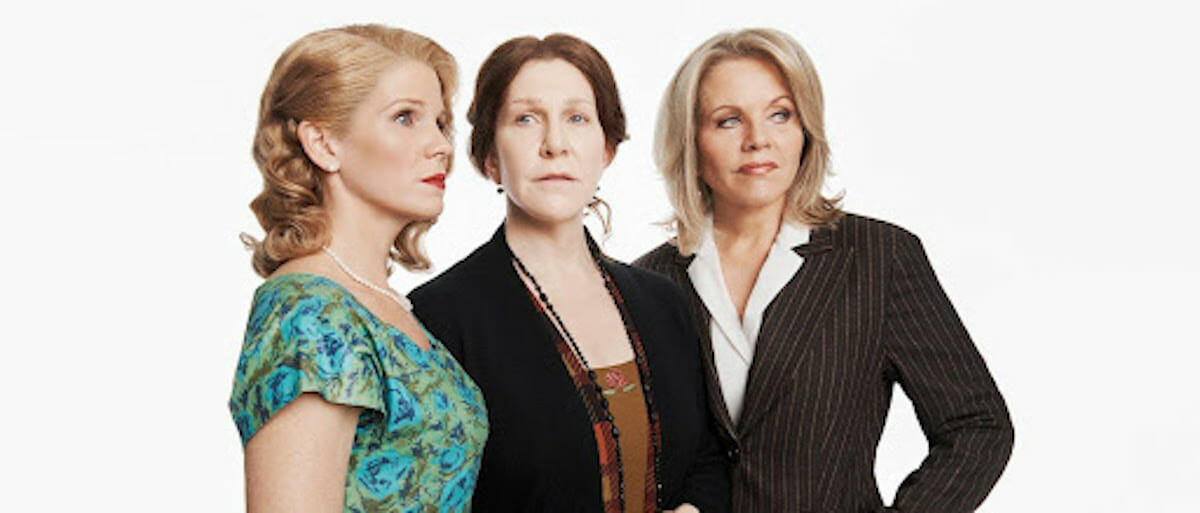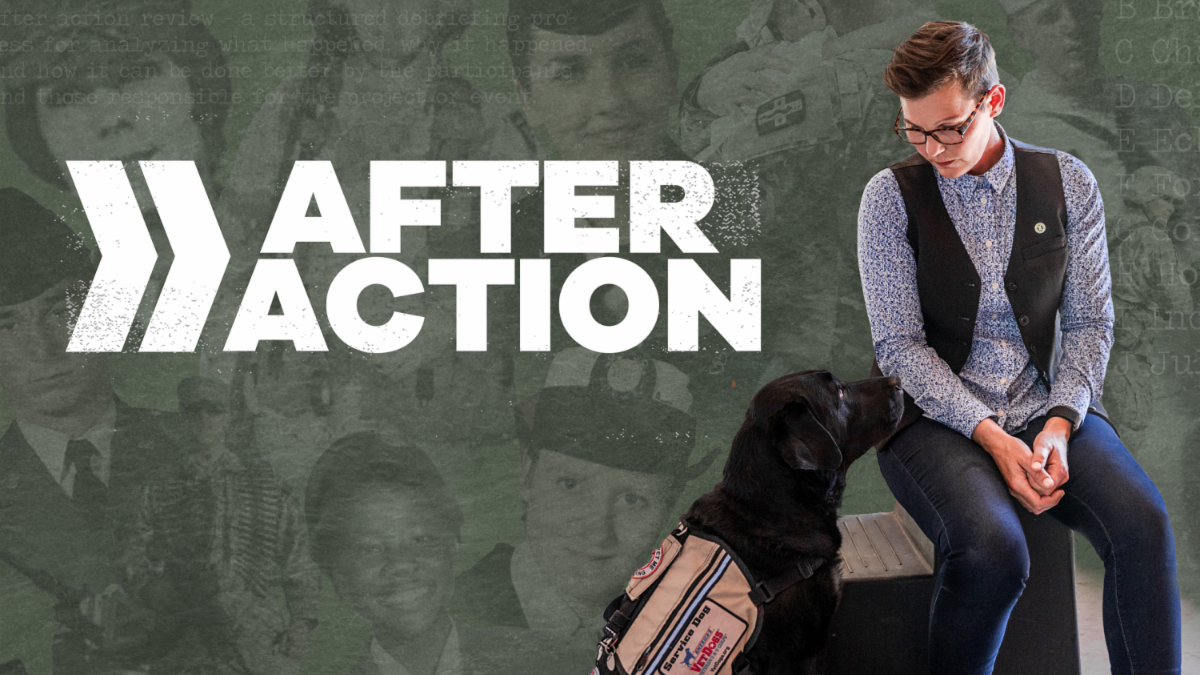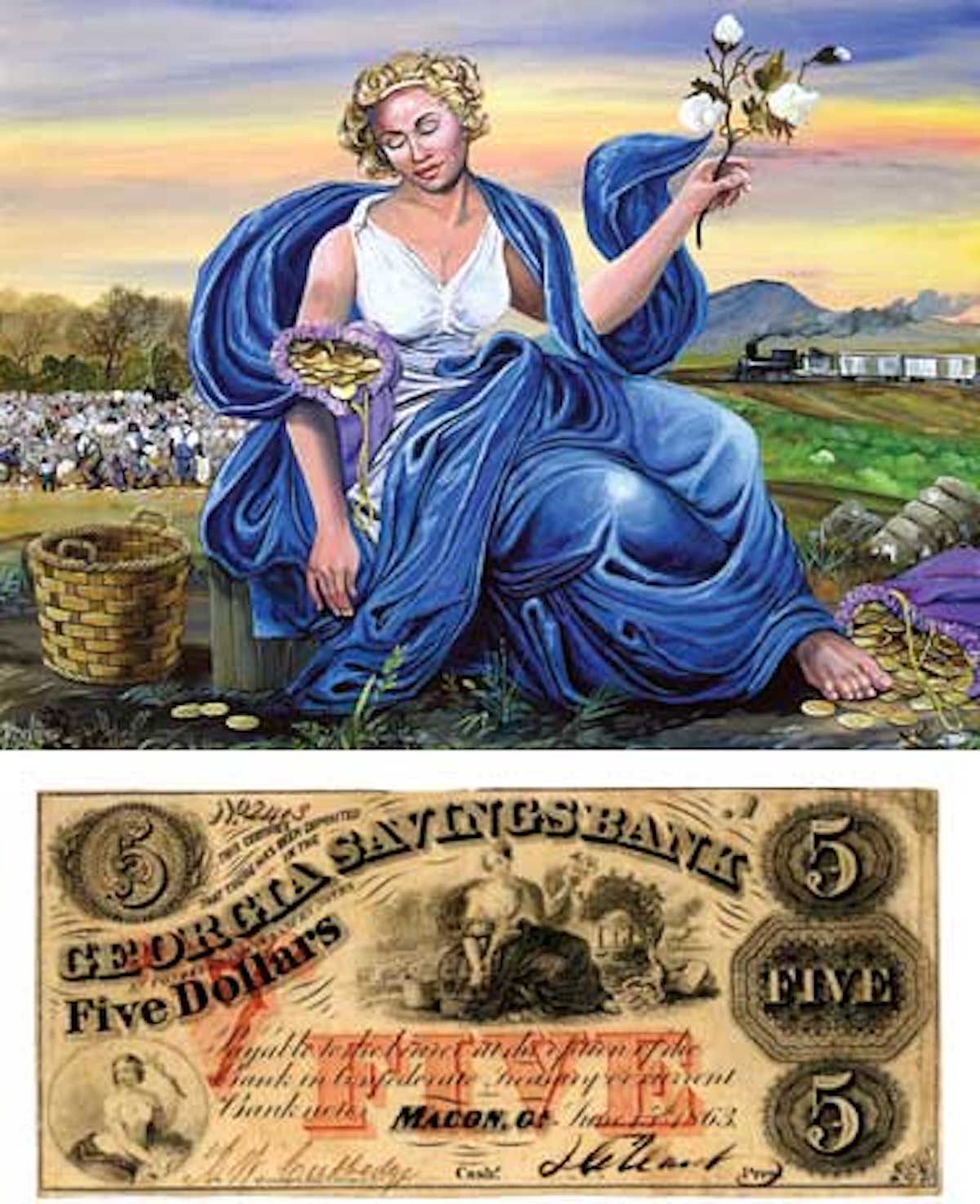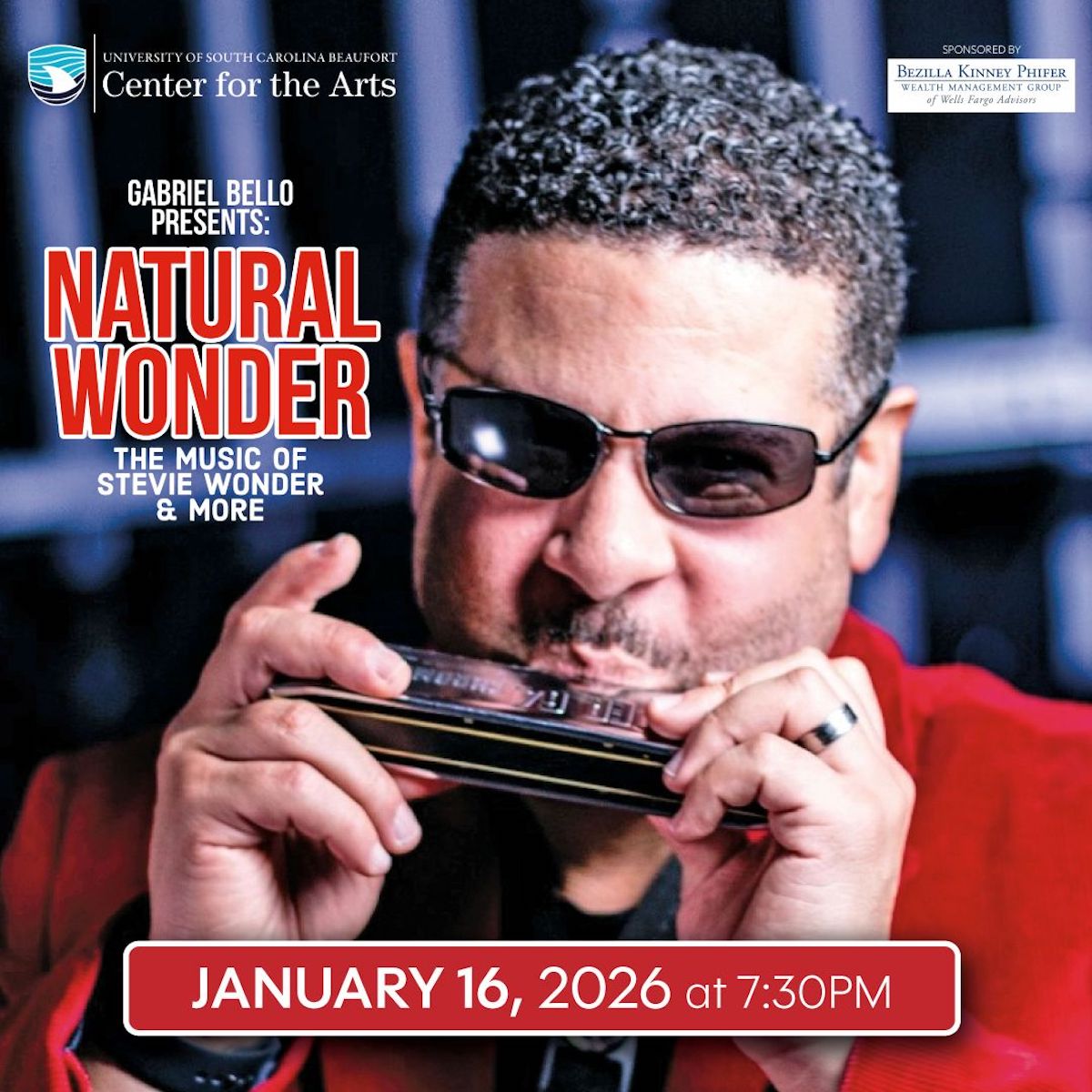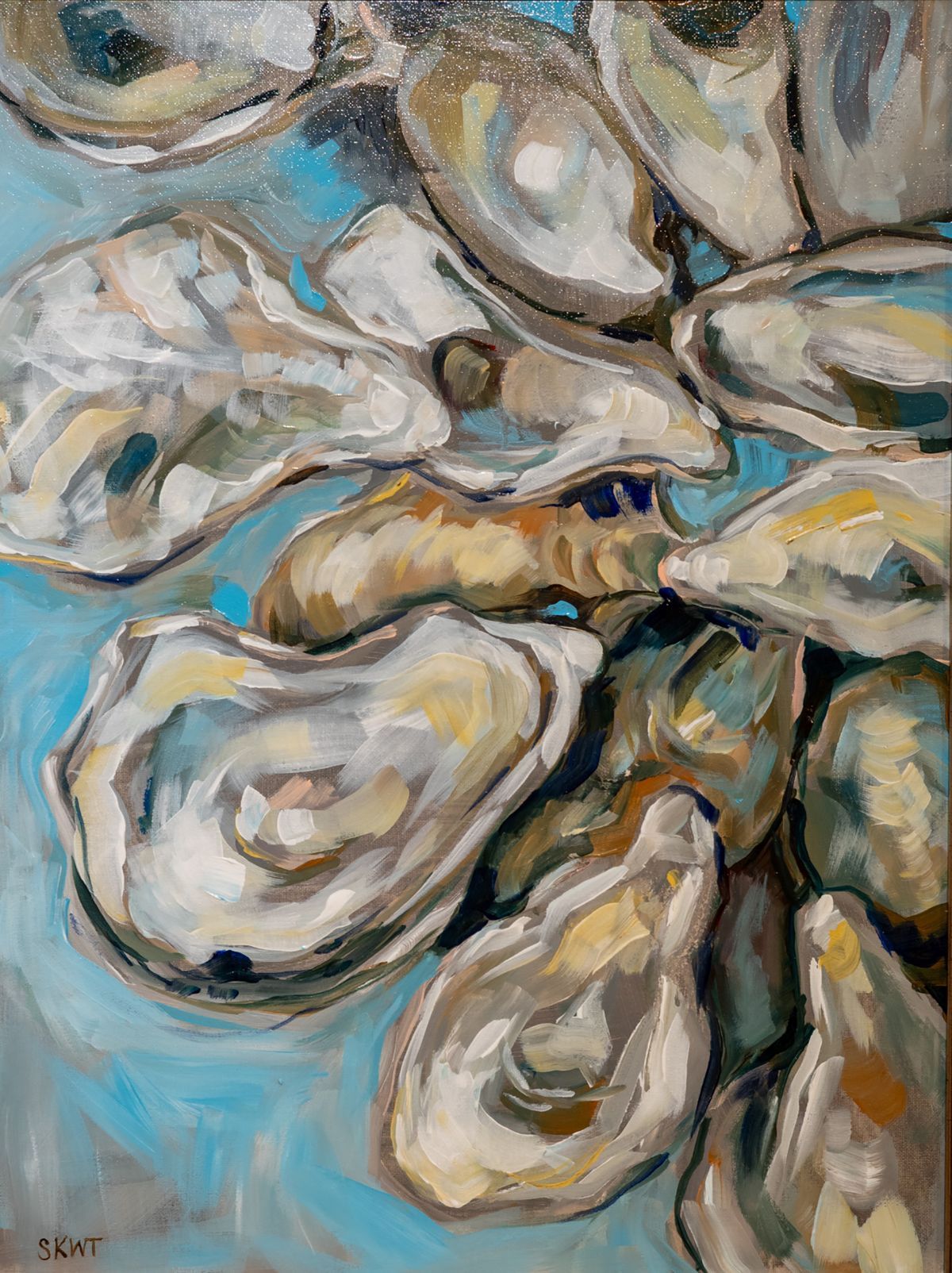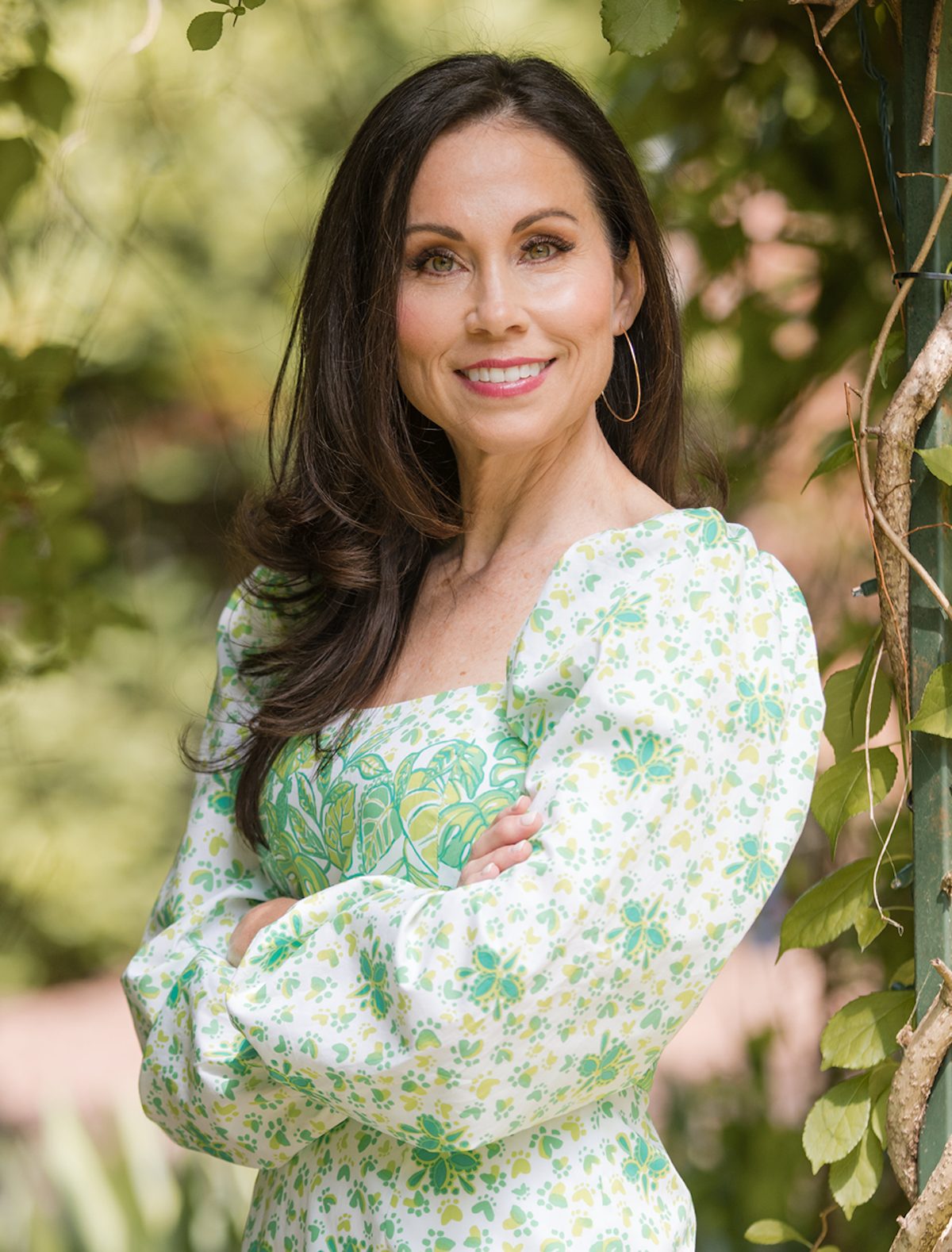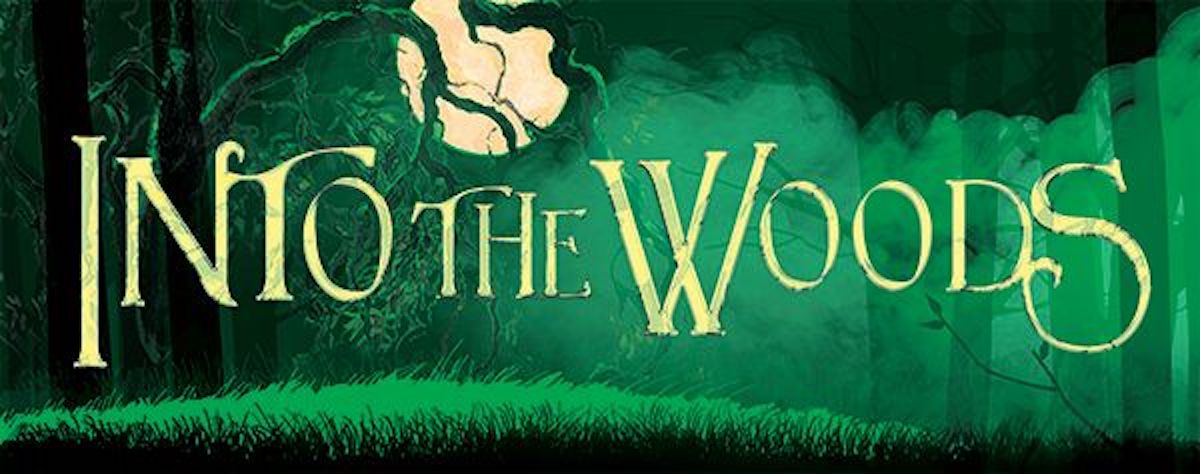Previewing “The Hours” by Kevin Puts
By Becky Sprecher
Get ready. This is going to be interesting. Next up in the Metropolitan Opera’s Hi-Def series is The Hours, which will be shown on Saturday, Jan. 14.
Due to recent technical issues, we are going to see a recorded “encore” of the Dec. 10 live stream performance. But never mind; we opera lovers will take it any way we can get it.
The Hours is based on the 1999 Pulitzer Prize-winning novel by Michael Cunningham, and the 2002 Paramount Pictures movie of the same name starring Meryl Streep, Julianne Moore, and Nicole Kidman. The movie garnered nine Oscar nominations, including a Best Actress nod for Kidman.
You may be wondering why one would go see an opera about three people suffering from depression. For starters, I’d watch these three lead singers, Kelli O’Hara, Joyce Di Donato, and Renée Fleming, sing from the phone book. But seeing them in a new production about the famous writer, Virginia Woolf, is too much to pass up.
Fleming got the bug for an operatic version of The Hours when she became friends with Julianne Moore, for whom she was dubbing the singing in the 2018 movie, Bel Canto.
“Once you get Renée Fleming excited about something, it’s like a train!” said composer Kevin Puts in an interview with Opera News magazine. “She was especially intrigued with the novel’s three interwoven narratives, which take place in different time periods.”
The story traces the lives of three women, one of whom, the unstable novelist Virginia Woolf (sung by Di Donato), is struggling to write her acclaimed novel, Mrs. Dalloway, in Richmond, England in 1923. Laura Brown (O’Hara), is living in the Los Angeles of the late 40s and finds she has a kindred spirit in Woolf as she reads Mrs. Dalloway. Clarissa Vaughn (Fleming), who is living in New York in 1999 and grieving over the impending death of a dear friend from AIDS, is seemingly living the novel. She, too, has been reading the book.
The action takes place in the period of one day, slipping back and forth between time frames. The characters seem to understand and appreciate their world, that there is much beauty and goodness in it, and yet they are terribly unhappy. This is bewildering and frustrating for them. When ordinary things like planning a party or making a birthday cake go awry, it causes massive problems.
I’m intrigued about how the music will sound. How will Puts transition between the music of the different eras? Will we hear the jazzy pop music in the style of, say, a Perry Como for the LA scenes? Broadway-esque music for Clarissa’s Manhattan? Will there be dissonant music indicating the shifts in Woolf’s unstable personality? How will it sound when these women all sing of their pain at the same time?
“Puts has experience with this structure,” says Opera News, “as his Pulitzer-Prize winning 2011 opera, Silent Night, dealt with three battling World War I regiments who came together for a Christmas Eve truce in no-man’s land.” He will use both the harmonic structure of the music and the vocal lines of the chorus to unite the characters as their emotions begin to intersect.
“The opera begins with this harmony that is the music of Virginia’s subconscious — it’s a chord,” says Puts. “The chorus is tinkering with the opening line of her novel. And I realized at the end of the opera, the exact same chord returns, except one note is moved up by one half-step. And the entire color of it changes. One minute little move and emotionally it can be something completely different.”
Only opera can do this, blending different musical, dramatic, emotional, and psychological elements together into a powerful cocktail that lodges in that mysterious space between our minds and our emotions.
Fleming and DiDonato need no introduction. But Kelly O’Hara, who is better known for her hit performances on Broadway (South Pacific, The King and I, and The Bridges of Madison County to name a few), is a relatively recent arrival to the Met stage, making her debut in the Merry Widow in 2014.
“I had all these recordings of her musical theater,” said Puts, “but her coaches and the Met were convincing me, ‘No, she can sing C sharps.’ And it’s absolutely true — she can sing anything.”
To top off this powerhouse cast, Denyce Graves will be singing the smaller role of Clarissa’s partner, Sally.
So why this opera and why now? One reason is that we know the Met is very interested in showcasing contemporary talent and telling relevant stories of today. The Hours is also an important example of why banning books is such a bad idea, for it is through reading Mrs. Dalloway and identifying with Virginia’s struggles that Laura and Clarissa learn about their disease.
But most of all, there can be no doubt about the effect the pandemic has had on our collective mental health. A recent Washington Post article reported that, according to the American Psychological Association, six in 10 psychologists say they don’t have openings for new patients as anxiety and depression linger.
Perhaps at the very least, The Hours can give us part of the solution to this national malaise. At the production’s end, the characters appear in the same space but out of time, singing together and taking their first steps toward healing as they learn there are others like them who suffer in ways most of us can’t understand.
As we start the new year with hope and anticipation, this message, along with beautiful music and stellar singing, is reason enough to mark your calendars now.
Want To Go?
What: “The Hours,” Met Live Encores
When: 1 p.m., Saturday, Jan. 14
Where: USCB Center for the Arts, Carteret Street
Tickets: $22, $20 for OLLI members. Book online at https://bit.ly/3W4nJ25 or purchase at the door.
More information: Sung in English with Met Titles in English. For more visit the Met’s website at metopera.org.
Estimated run length: 2 hrs and 55 mins with one intermission between Acts I and II
Opera changes
Because of technical issues, the USCB Center for the Arts is switching from Met Live in HD to all Met Live ENCORES. The same fabulous operas with all the interviews will be presented, just on different dates. Here is the remainder of the schedule:
– Fedora, 1 p.m., Saturday, March 18
– Lohengrin, 1 p.m., Saturday, April 1
– Falstaff, 1 p.m., Saturday, April 15
– Der Rosenkavalier, 1 p.m., Saturday, May 6
– Champion, 1 p.m., Saturday, May 20
– Don Giovanni, 1 p.m., Saturday, June 3
– Die Zauberflote, 1 p.m., Saturday, June 10

